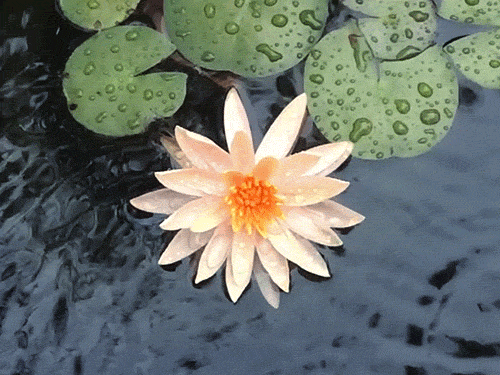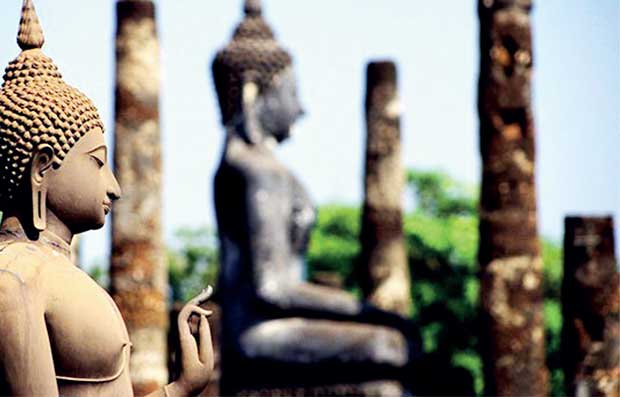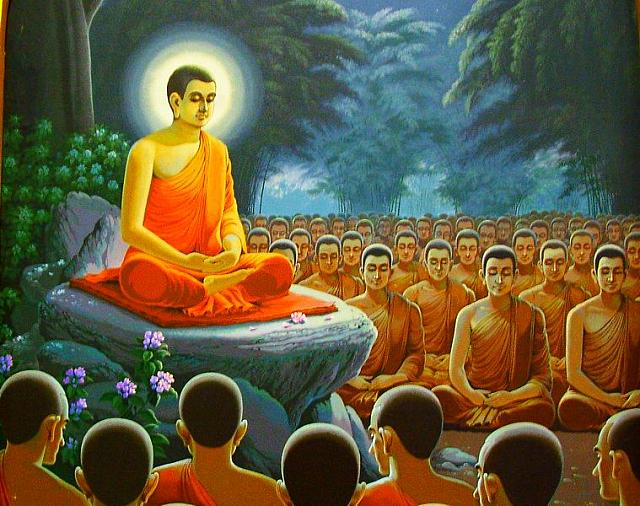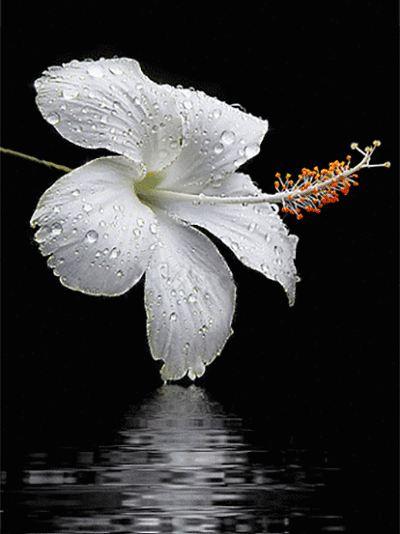Abandoning hope
Hope and fear is a feeling with two sides. As long as there’s one, there’s always the other. This is the root of our pain. In the world of hope and fear, we always have to change the channel, change the temperature, change the music, because something is getting uneasy, something is getting restless, something is beginning to hurt, and we keep looking for alternatives.
In a nontheistic state of mind, abandoning hope is an affirmation, the beginning of the beginning. You could even put “Abandon hope” on your refrigerator door instead of more conventional aspirations like “Every day in every way I’m getting better and better. ~ Pema Chödron












